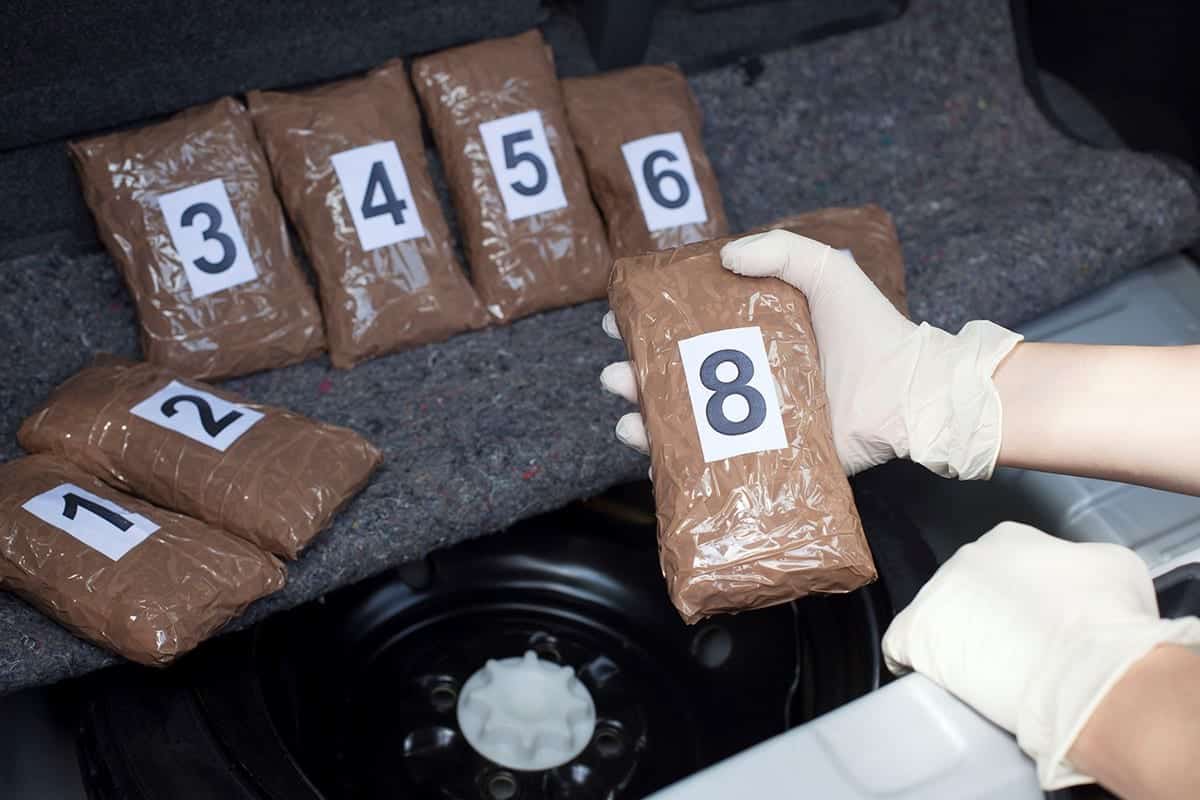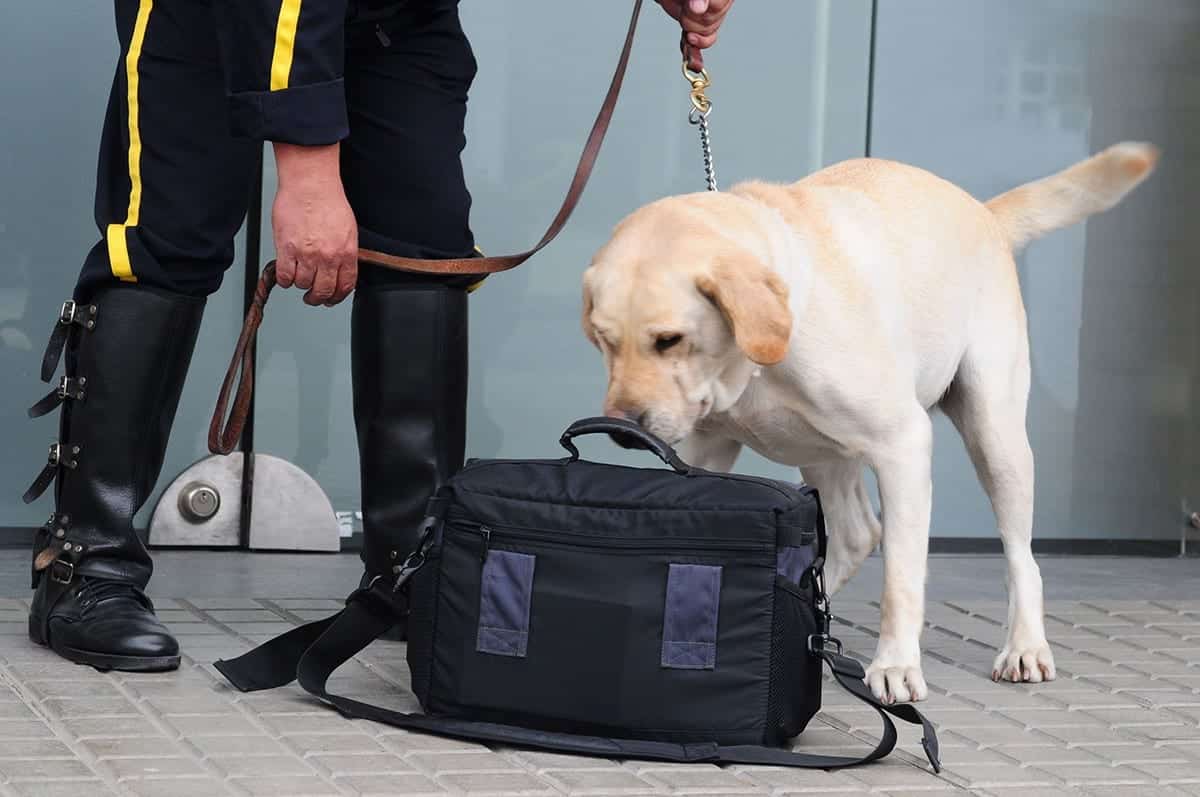
With many Texas towns located close to the Mexico border, drug trafficking is a recurring problem for state and federal law enforcement.
Last year the federal government charged Juan Pablo Contresas with being one of two leaders of a Mexican Mafia-linked conspiracy based in Laredo. Government prosecutors said Contresas and a network of others smuggled cocaine and methamphetamine into the country from a source in Mexico and distributed the drugs to cities as far away as San Antonio.
This past February, after pleading guilty, Contresas was sentenced to nearly 33 years in federal prison by U.S. District Court Judge Diana Saldana who presides in the Southern District of Texas which encompasses Laredo.
In the two weeks preceding Contresas’ sentencing, nearly two dozen other members of the drug distribution ring were also sentenced to hefty terms in federal prison.
What is Federal Drug Trafficking?
Depending on the nature of the drug offense, charges can be brought under Texas state law, federal law, or both state and federal laws.
Federal drug trafficking includes the selling, transportation, and illegal importation of unlawful controlled substances, such as cocaine, methamphetamine, marijuana, or other illegal narcotics. An individual can be indicted, prosecuted, and convicted of drug trafficking if he or she makes, distributes, sells, or possesses with intent to make, distribute, or sell any amount of a prohibited controlled substance.
An individual selling a controlled substance to someone locally will most likely be indicted under Texas drug laws and subject to their penalties – unless there are other factors influencing the case.
If, however, the controlled substances are smuggled in from another country (as in the case of Contreras) or transported across state lines, an indictment will most likely be brought at the federal level and will be result in severe federal penalties such as the one imposed on Contresas.
Charges and Penalties for Federal Drug Trafficking

To constitute a federal drug trafficking violation, an individual must possess a minimum amount of a particular substance. The amount and nature of the substance will determine the Schedule in which the substance is assigned.
What are Schedules?
The Controlled Substances Act (CSA) of 1970 classifies controlled substances into five different Schedules, a determination of which substance should be listed.
The Schedules are actually categories classifying drugs by their potential for abuse and any current medical use they may have in the U.S.
Here are some examples from each Schedule:
- Schedule I: marijuana, heroin, LSD, MDMA
- Schedule II: cocaine, methamphetamine, opium, morphine
- Schedule III: anabolic steroids, ketamine
- Schedule IV: diazepam, phenobarbital
- Schedule V: cough suppressants with codeine, Lyrica
For example, it takes 500 grams or more of cocaine to constitute a federal trafficking offense while it takes only 1 to 9 grams of LSD to result in the same offense.
An individual convicted of a federal drug trafficking offense may be punished from 5 to 40 years in prison and fined up to $5 million ($25 million if the individual is part of a group) for a first-time offense and the offense involves the possession of:
- 500-4999 grams of cocaine
- 100-999 grams of heroin
- 1-9 grams of LSD
- 5-49 grams of pure methamphetamine
- 100-999 kilograms of marijuana
The punishment escalates by amount.
A first-time offender may be punished from 10 years to life in prison and fined up to $10 million ($50 million if the offender is part of a group) if found possession of:
- 5 or more kilograms of cocaine
- 1 or more kilograms of heroin
- 10 or more grams of LSD
- 50 or more grams of methamphetamine
- 1,000 or more kilograms of marijuana
Federal drug trafficking offenses are some of the most serious on the books and carry extremely harsh penalties. The personal and professional repercussions of such an offense can last beyond prison and expensive fines.
If you are facing charges or are under investigation for a federal drug trafficking offense, contact an experienced federal drug trafficking attorney today to protect your rights.



